Why Vladimir Putin wants to take charge of rap music
Russian president aims to guide popular music genre in ‘necessary direction’ to prevent ‘nation’s degradation’
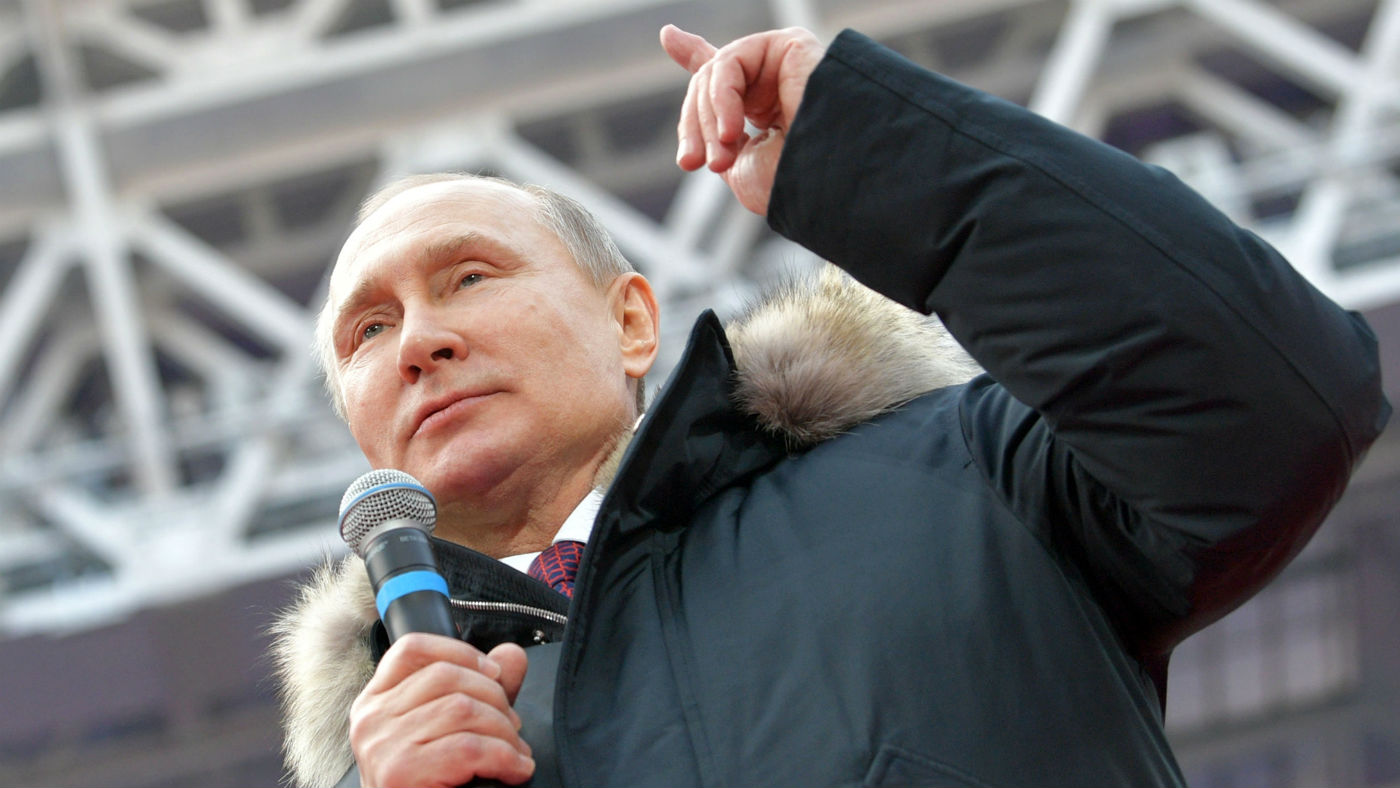
A free daily email with the biggest news stories of the day – and the best features from TheWeek.com
You are now subscribed
Your newsletter sign-up was successful
Vladimir Putin has announced that is aiming to take control of rap music, amid a crackdown on the genre that has been likened to Soviet-era censorship of the arts.
The Russian president is alarmed by rap’s growing popularity in Russia, and says he fears it will lead to the “degradation of the nation”.
Venue owners and local authorities have been cancelling concerts in recent months, and a popular hip-hop artist known as Husky was briefly arrested.
The Week
Escape your echo chamber. Get the facts behind the news, plus analysis from multiple perspectives.

Sign up for The Week's Free Newsletters
From our morning news briefing to a weekly Good News Newsletter, get the best of The Week delivered directly to your inbox.
From our morning news briefing to a weekly Good News Newsletter, get the best of The Week delivered directly to your inbox.
However, at a meeting broadcast live this weekend, Putin told his advisory council on culture and the arts that he wanted to find a way of controlling the music genre, rather than banning it, reports Reuters.
“If it’s impossible to stop something, you’ve got to take charge of it,” the Russian president said. “How to do this, how to take charge and guide in the necessary direction… That’s the most important issue.”
Putin said he believes that listening to rap makes young people more likely to abuse drugs. “Rap and other modern [forms of art] are rested upon three pillars - sex, drugs and protest,” he said. “I am most worried about drugs. This is the way towards the degradation of a nation.”
Not everyone is convinced, however. New York City-based NGO Human Rights Watch claims the crackdown on rap is “the newest front in the ongoing war waged by authorities against young people opposed to the Kremlin’s attempts to impose its ultra-conservative ideology on all aspects of their lives”.
A free daily email with the biggest news stories of the day – and the best features from TheWeek.com
The Kremlin’s “rap battle crescendoed after the brief detention of Husky”, real name Dmitry Kuznetsov, in November, says news site Quartz.
After learning that officials had cancelled a gig he was due to perform at a venue in the southern town of Krasnodar, the 25-year-old artist climbed onto the roof of a car in a nearby car park and launched into an impromptu performance for hundreds of fans. He was subsequently sentenced to 12 days in prison on charges of disorderly conduct, Politico reports.
The clampdown on rap and music artists in general “may have its roots in two recent violent incidents involving teenagers”, adds the news site. In October, a 19-year-old student shot dead 19 people with a hunting rifle, before turning the gun on himself, at a technical college in Kerch, a city in Crimea.
Two weeks later, a 17-year-old anarchist killed himself and injured three others in a suicide bombing at the headquarters of the FSB federal security service in Arkhangelsk, in northern Russia.
Although there was no evidence to suggest that either attack was inspired by music, the FSB responded by drawing up a blacklist of musicians, according to Pavel Chikov, the head of the human rights group Agora.
“Most likely, someone high up decided after the attacks in Archangelsk and Kerch that music and the internet were to blame,” added Dmitry Dzhulai, a former police officer who worked at the Russian Interior Ministry’s anti-extremism department.
“There are plenty of people in power who have the Soviet mindset of bans, censorship, expert commissions to evaluate art, and so on.”
-
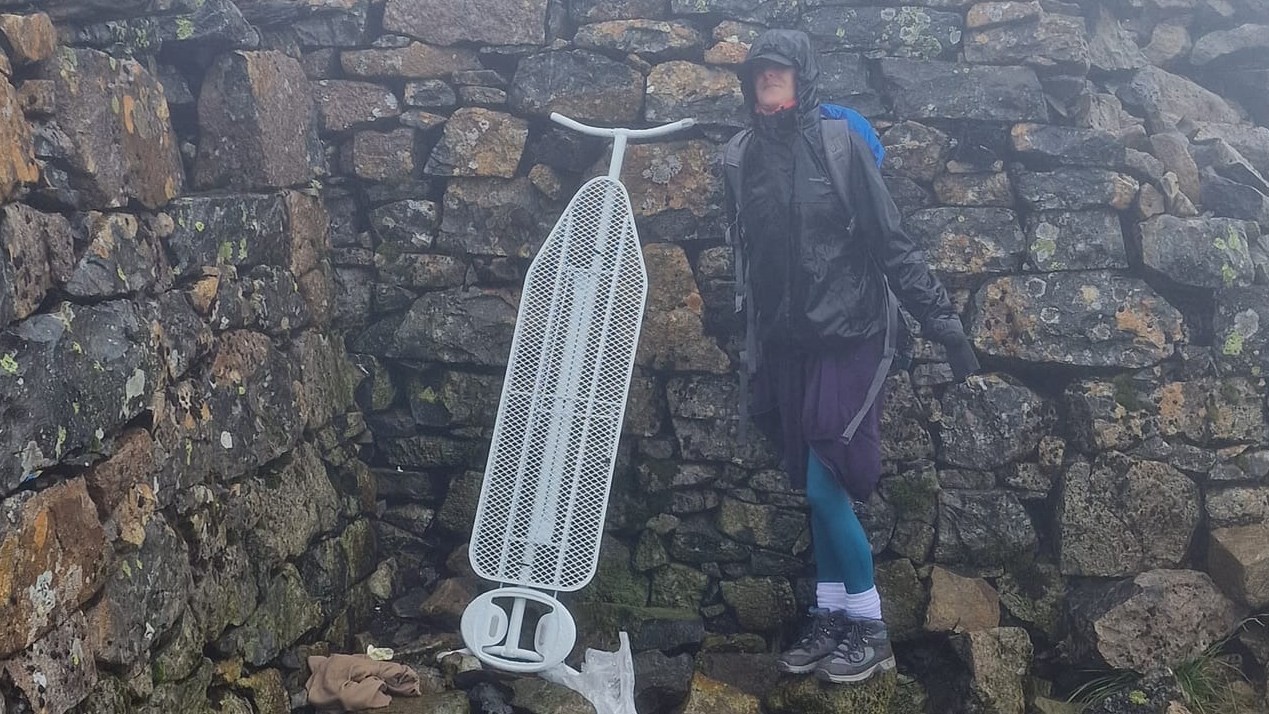 'Extreme ironing' blamed for Ben Nevis board
'Extreme ironing' blamed for Ben Nevis boardTall Tales And other stories from the stranger side of life
-
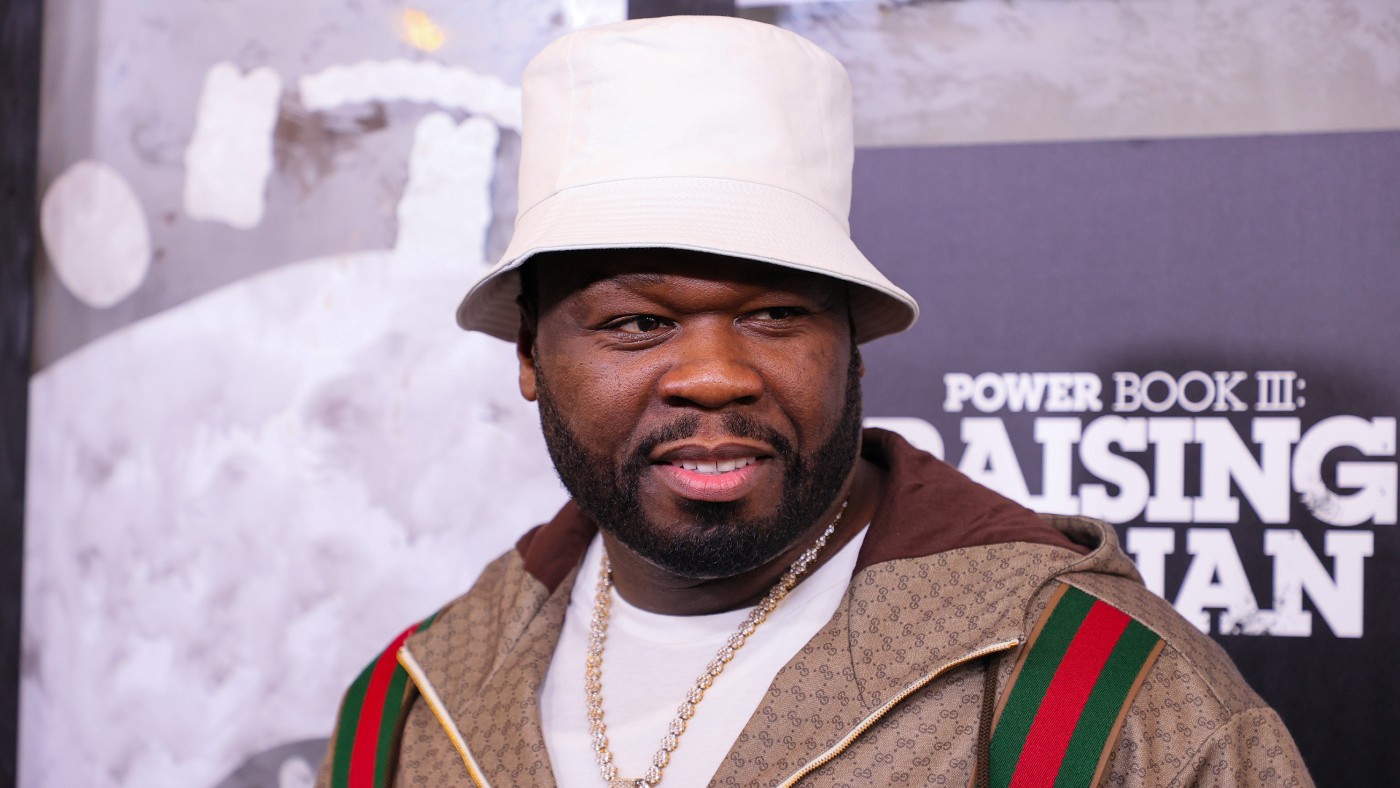 50 Cent sponsors Welsh under-14s football team
50 Cent sponsors Welsh under-14s football teamTall Tales And other stories from the stranger side of life
-
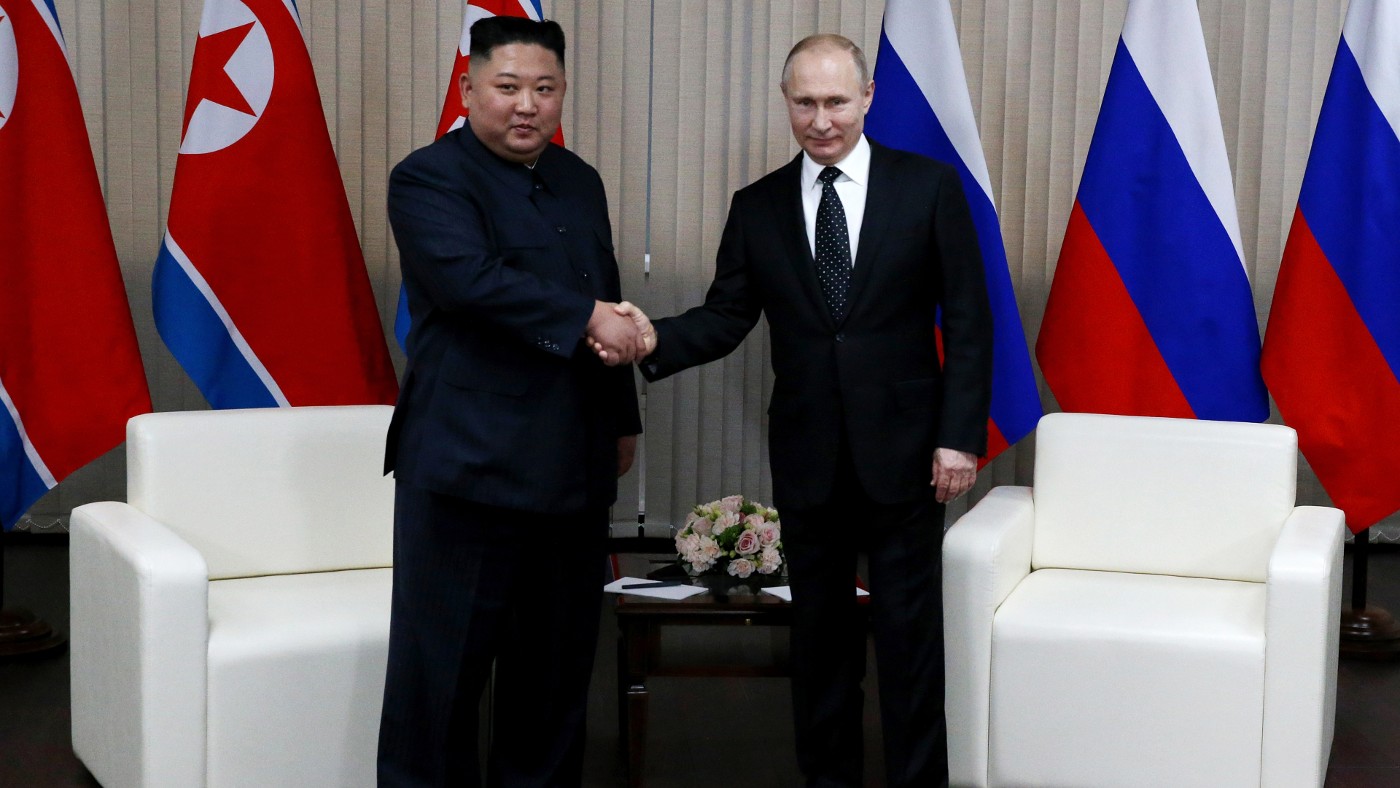 Would North Korean weapons tilt the war Russia’s way?
Would North Korean weapons tilt the war Russia’s way?Today's Big Question Putin wants to boost ‘depleted stocks’ but Pyongyang’s arms may be in poor condition
-
 Nobody seems surprised Wagner's Prigozhin died under suspicious circumstances
Nobody seems surprised Wagner's Prigozhin died under suspicious circumstancesSpeed Read
-
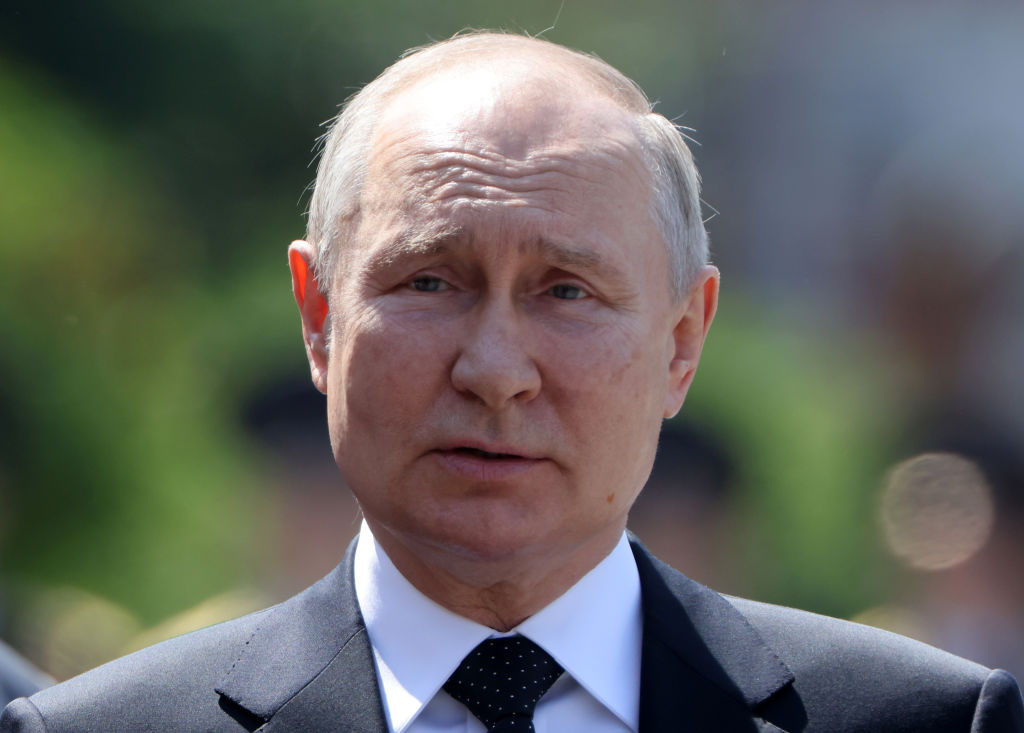 Putin's grip on power apparently damaged after Wagner mutiny
Putin's grip on power apparently damaged after Wagner mutinySpeed Read
-
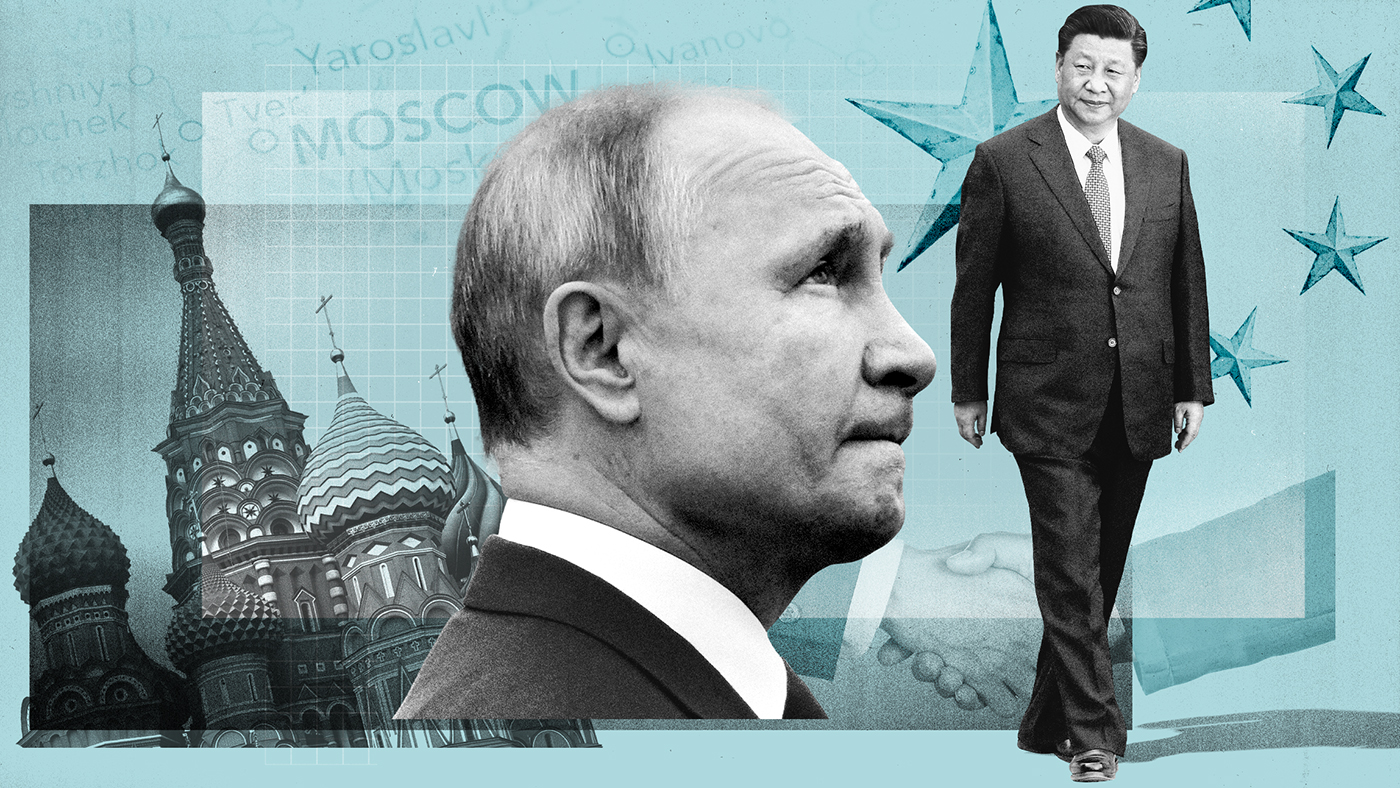 Is Russia a Chinese 'client state'?
Is Russia a Chinese 'client state'?Today's Big Question Reading between the lines of Xi and Putin's Moscow summit
-
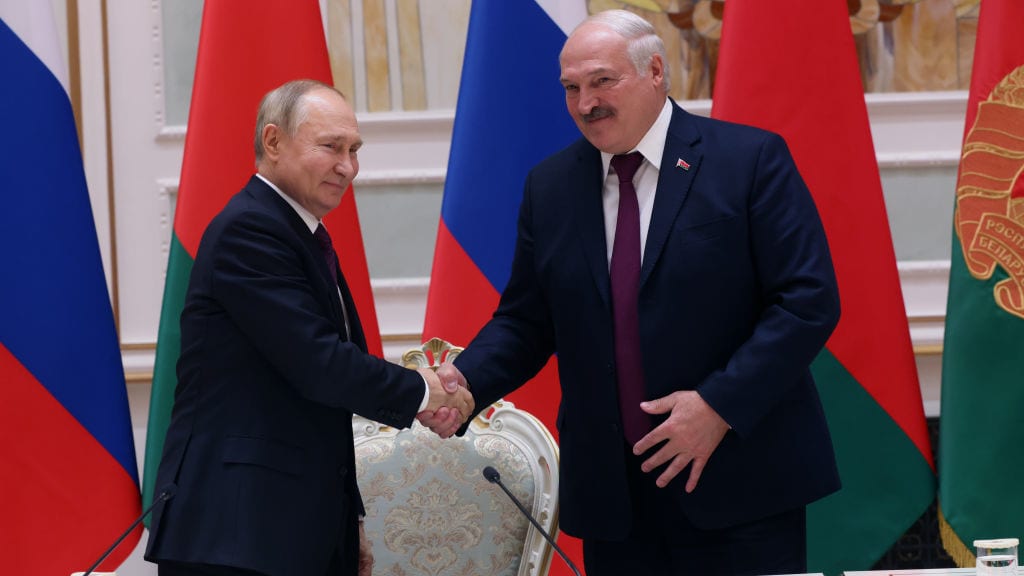 Putin, Lukashenko meet as Ukraine fears Moscow could launch offensive from Belarus
Putin, Lukashenko meet as Ukraine fears Moscow could launch offensive from BelarusSpeed Read
-
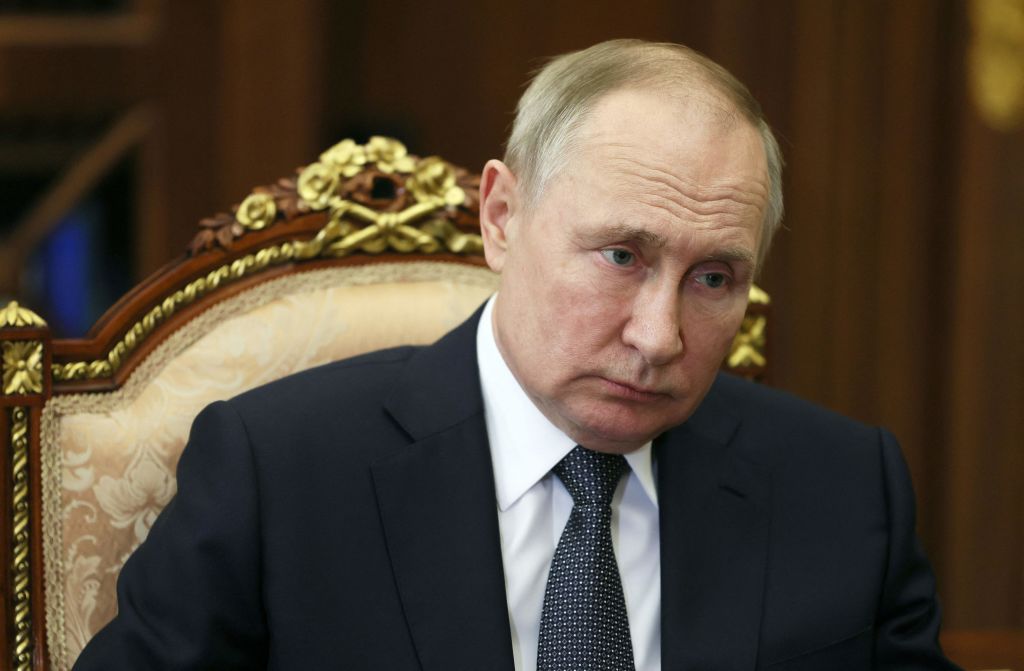 Vladimir Putin will skip annual year-end press conference for 1st time in a decade amid Ukraine setbacks
Vladimir Putin will skip annual year-end press conference for 1st time in a decade amid Ukraine setbacksSpeed Read


